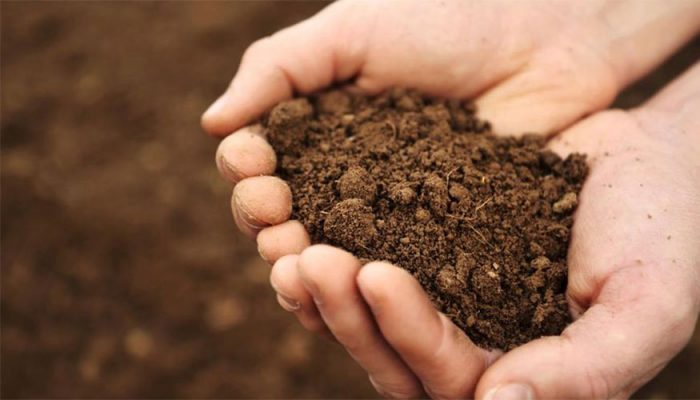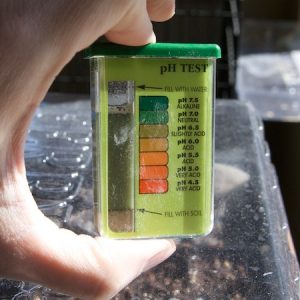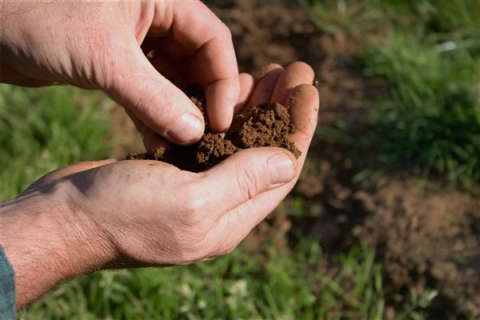We are very much dependent on the natural resources for our existence. For instance, the soil is a very important element of our ecosystem. It provides important raw materials to us that we consume in different forms in order to stay alive. Has it ever occurred to you that soil must be needing some essential nutrients too? When a crop is grown, the nutrients in the soil are used up by the crop leaving the soil with fewer nutrients and fertility. Here comes the concept of soil testing. Soil testing is a process in which after each harvest the soil is tested in a soil testing lab for its quality. There are many testing labs that make sure that the soil quality and fertility is balanced.


The question now arises as to why soil testing labs emphasize this process? To understand the significance of this process let’s think from a farmer’s perspective. A farmer invests all his or her earnings into the crops every year. The soil remains the same and the nutrients are being sucked out. Although, there are traditional practices which they make the soil nutritious again. But over-nutrient soil is also unfit for the crops. Therefore, if there is a certain process in which farmers can know what their soil is lacking, it could be of great benefit to them. They can check the recommended pH for soil in the reports and accordingly fertilize their soil for the next year’s harvest.
When we talk about the quality of the soil, there are many ways in which it could be improved. Among all the ways, the usage of calcitic limestone for fertilizing the soil has yielded great results. Limestone increases the pH of the soil, root growth and promotes nodulation. It also works on the soil tilth making it better. As a result, the nutrient cycling gets enhanced and adds to the quality of the soil which in return produces healthy crops.
We can undoubtedly mention that soil testing has many benefits. It saves farmer’s energy, time and money because it tells beforehand about the output you would reap. A sampling of the soil will educate the farmers about what exactly their soil needs for a good harvest. The soil test is like a blueprint of the output you will generate. A good harvest always means extra money; therefore, soil testing can lead to huge profits also.

Study of soil in a particular field is an investment in the long term. Farmers can adopt organic farming methods little by little every year and eventually practice a completely eco friendly farming. This can be systematically planned based on the advice and report given by the soil testing labs.

There are many factors that lead to a good or bad crop. However, if we can fix at least the most important factor, the chances of reaping a better crop will increase. Lastly, as it is said, Precaution is better than cure! We must get the full proof before we sow the seeds rather than thinking about the ways to cultivate and sell a bad crop!














